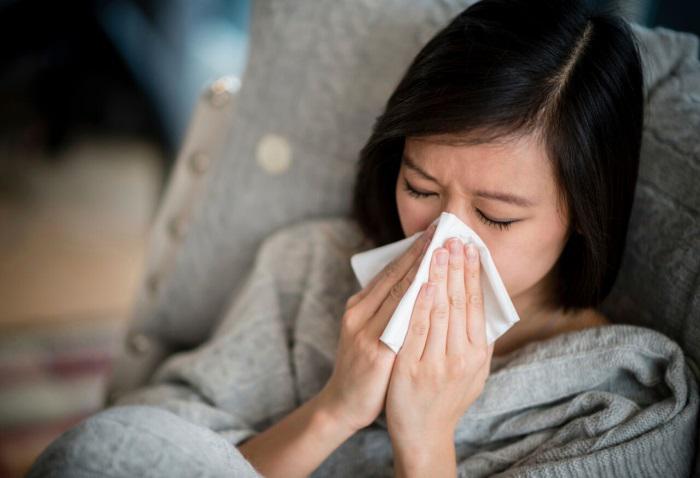By Dr Umberto Russo MBBS (Adelaide) FRACGP
When you’re living in a foreign country far from home, going to the doctor is probably the last thing on your mind – until suddenly you’re sick and need medical attention. While you might not think it’s important, it’s a really good idea to find a General Practitioner (GP) you like – and stick to them! Many patients don’t realise the importance of having a regular doctor whom they see over a number of months and years, sometimes even a lifetime.
Here are just a few of the reasons why it is so important to have your own GP:
Someone who knows you
Having a regular GP means he or she can get to know you. Developing a relationship with a doctor will make you feel more comfortable and allow more open communication. The relationship builds mutual knowledge, understanding and trust. Having a regular GP will mean that you won’t have to repeat information about the medications you take, or your previous medical history, as your GP will always have this important information in your medical notes.
Your GP is a generalist
One of the powerful qualities of GPs is that they are generalists. This means they do not focus on just one part of the body or certain diseases only. They are not specialists, such as a paediatrician, who only treats children. A GP, with a wide array of knowledge, is well positioned to help you with the many physical and mental symptoms that can arise. Issues with one system of your body can impact on the rest of your body. An example is chronic lower back pain, where patients may present to their GP with depression.
Advice on preventative health
Health is not just about treating and curing illness. It is also about taking sensible, preventative measures to ensure you can live your life in the best of health. GPs are involved in many preventative activities throughout a person’s life, such as:
- advice on all types of immunisations to prevent diseases, especially when travelling
- advice on contraception and sexual health
- advice on how to prevent or detect early cancers such as skin checks, PAP smears and breast
- checks
- advice on how to reduce your risk for cardiovascular disease, such as how to give up smoking,
- lower your cholesterol, regular BP checks, how to maintain a healthy weight range.
- how to prevent diabetes and early detection of diabetes
- prevention of osteoporosis
Your GP is best placed to advise you what preventative activities are available for your stage of life.
Continuous, coordinated care
Your GP is the main person responsible for coordinating your care if your condition requires involvement of other health professionals. This could be a referral to a medical specialist, or allied health professionals such as a psychologist or podiatrist. Other health carers acknowledge this important role of your GP and therefore communicate details of any consultations with you to your GP. By doing this, your GP can take responsibility for your continuity of care.
Management of chronic conditions
GPs are best placed to manage chronic medical conditions such as diabetes, asthma and arthritis, just to name a few. GPs can also complete a Care Plan for many chronic conditions. This has been shown to significantly improve outcomes for patients. The Care Plan approach involves you more in the ongoing care of your condition. It also allows a team-based approach to your care by involving other health professionals such as physiotherapists, podiatrists, and dieticians, giving access to Medicare rebates for their involvement.
Local knowledge
Your GP will have detailed knowledge of what services are available in your local area to support you when needed. This is important for many conditions, but particularly so for people who suffer from mental health issues where counselling services are crucial. Your GP should be your first port of call for all your health care issues. However, if you need to see a Doctor urgently, and your GP is closed, then you can call 13SICK and arrange for a Doctor to come to your home. If you have a Medicare card, the visit is bulk billed, so there’s nothing to pay. If you are an overseas student with overseas student health cover (OSHC) with Allianz, Medibank Private or Bupa, you will not be charged a fee for the doctor home visit.
Dr Umberto Russo MBBS (Adelaide) FRACGP is the General Manager of Clinical Governance in South Australia for National Home Doctor Service. He has more than 23 years experience both as a GP and a visiting home doctor, with a special interest in after-hours medical care.



